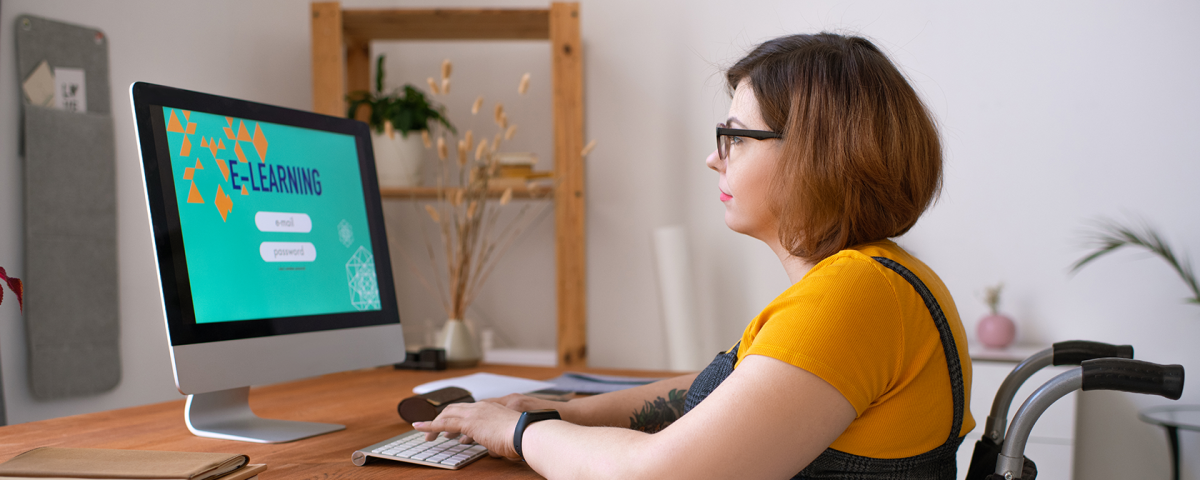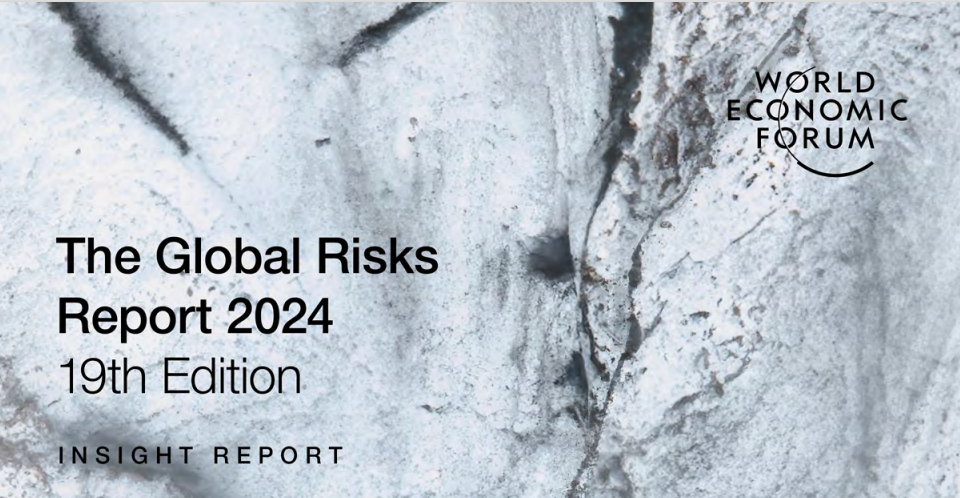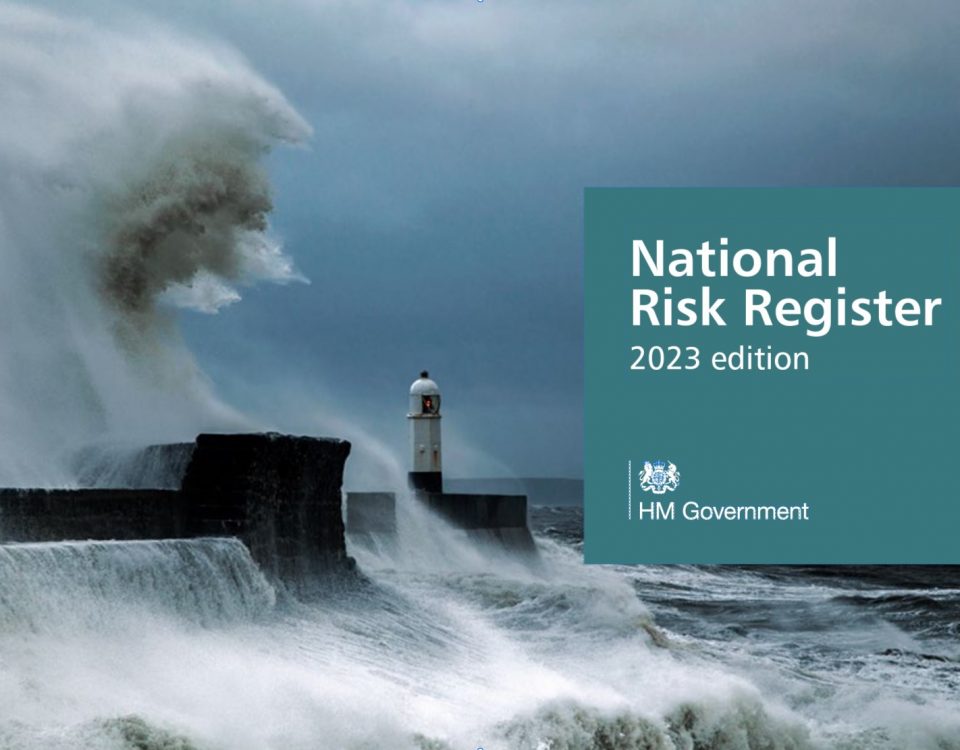Boxing clever with online training
Ten Common Learnings From Crisis Simulation Exercises
26th April 2021
Think cyber!
6th July 2021This article was originally published on the BCI website in 2020.
The COVID-19 pandemic has accelerated the tendency for resilience work to be delivered remotely. Horizonscan’s Mike Smith has helped to deliver remote training for a client over a sustained period. He explains how companies can get the most out of the online option.
The COVID-19 crisis has seen a major shift towards remote and online collaboration – one dramatic enough for some larger firms to discuss doing away with city offices altogether. While the pandemic accelerated this, the need to meet in person has been reducing for some time, as technology has improved. The outbreak of coronavirus has merely forced many organisations and individuals to take the plunge. Some were ready, but some were not.
The risk and resilience sector are no different to the rest of the country. There is a pressure from clients to deliver training electronically, combined with an awareness among providers that each online exercise can mean greater flexibility and a reduction in travel time.
At Horizonscan we have been developing online training approaches for some time. It can be a massive help in delivering services. But it needs to be done with a great deal of caution.
The biggest challenge is that it places all the onus on individual staff – creating new vulnerabilities. External validation for documentation is possible, but this is difficult online for people especially when you are training people on practical realities, rather than in hypotheticals.
We have been working for some time to get this right, with a global manufacturer with more than 70 major sites, operating across six continents. We have delivered Crisis Simulation Exercises and other training with them for the best part of a decade. Increasingly, in the last few years, the relationship has taken on a digital dimension.
Our client’s goal was that resilience should be embedded in people and not tied to an individual location as people move around. This would lead to staff competence rather than site competence. This was partly due to high levels of turnover in leadership and management positions, creating skills gaps.
The client assigned eight key resilience roles, such as Emergency Response Team Leader to Media Relations Representative to Record Keeper. People moving around different sites across the company could become steadily more competent in the respective crisis functions. Due to the testing and training Horizonscan put in place they can complete this training in their own time when it suited them.
Funded by the client’s insurance function, this major project meant we utilised their existing technology solutions, before the COVID-19 pandemic struck. Indeed, the development of content for their Learning Management System had been central to the project. It let us embed knowledge packages and crisis management quizzes, geared to specific roles.
This focus on interactive e-learning enables the company to identify and plug gaps, with remedial training and practical top-ups. Staff can manage their own development, with quick, flexible online access in their own time. Managers can achieve a basic level of understand – absorbing content, taking tests and becoming internally certified.
Quite apart from anything else, this gives the client’s corporate leadership team access to a large and growing set of data metrics, for gauging competence levels throughout the business.
The key learning for Horizonscan is that online functions are not a silver bullet and can only ever be part of the overall solution. Most successful organisations will be those which take a more blended approach – rather than allowing the ‘rush to digital’ solutions to supersede all other available options.
Auditing and stress-testing an organisation, site or team is extremely difficult online. Digital interfaces make it much harder to fully observe and understand the interactions and team dynamics of participants in the simulation exercise. We have delivered hundreds of exercises around the world and we know that you cannot replicate the energy and importance of an exercise, without personal interaction.
It is much harder from behind a screen to train key personnel on the human elements of crisis response, whether it is decision-making or communication under pressure.
Overall, our experiences with the manufacturer in question – as well as with other clients – suggests that online approaches are most effective as a way of introducing the theoretical concepts of crisis management. Remote packages issued to a site in advance, can raise knowledge to required levels. Followed by a subsequent physical visit, can then test a much better prepared team from the outset.
The right mix of remote and face-to-face will differ between companies and across sectors. However, flexibility of using remote and physical approaches to various degrees, will ensure that one approach does not inappropriately dominate others.
For organisations capitalising on the potential of online options in the resilience field, the most important thing is to think strategically about how you strike the right balance and adapt accordingly.
Written by Mike Smith – Horizonscan Ltd




